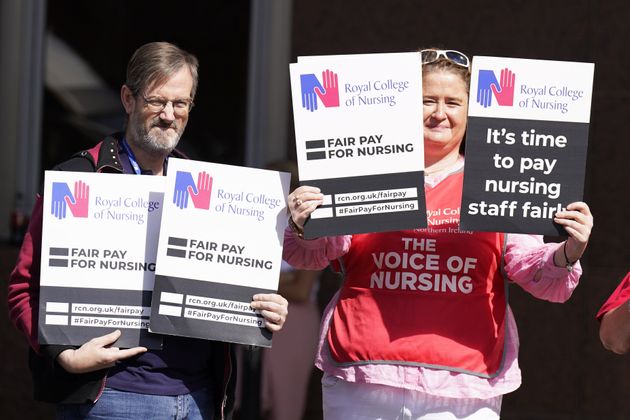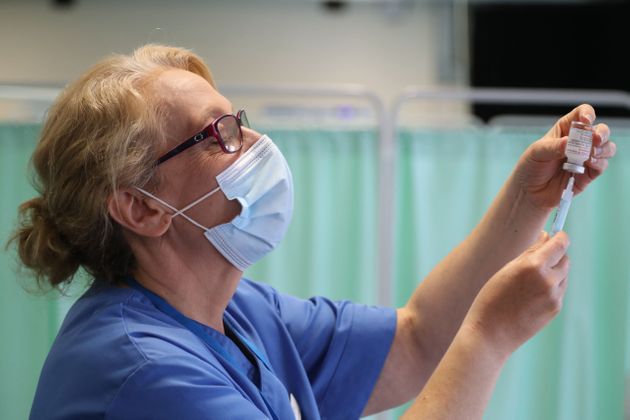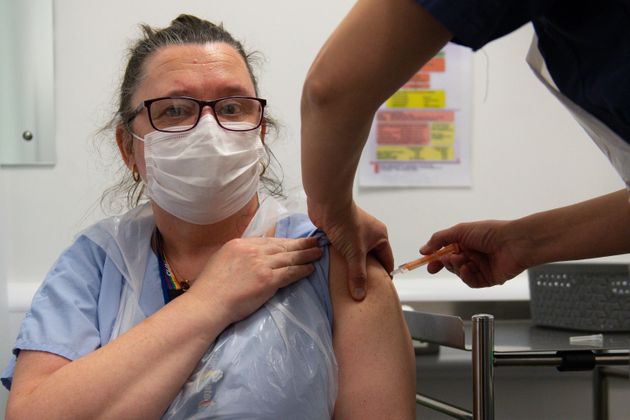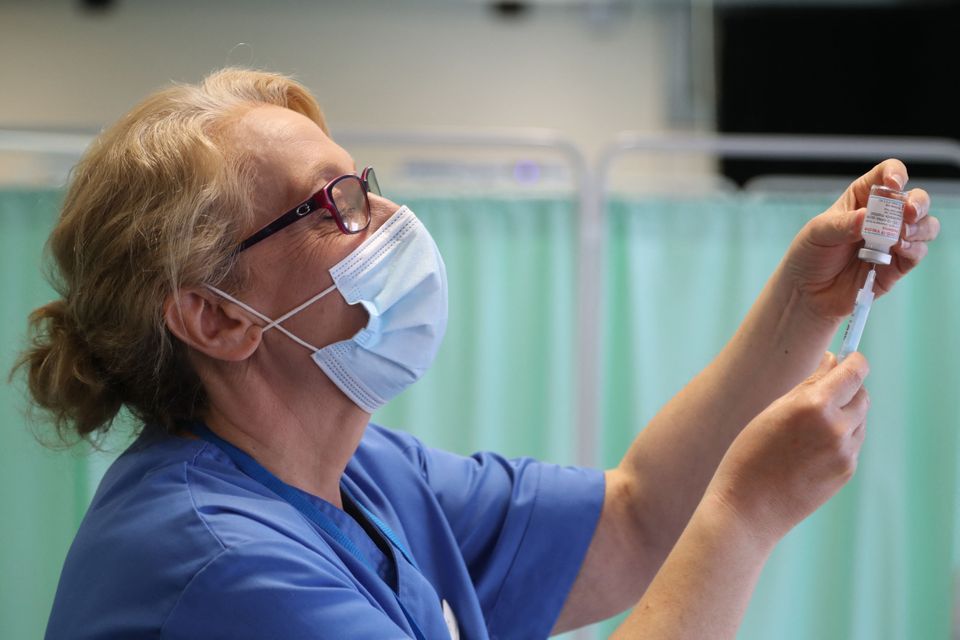
Nurses have called for “detailed negotiations” on pay in the next five days or it will announce strike dates for December.
In a letter to health secretary Steve Barclay following the autumn statement, Royal College of Nursing (RCN) general secretary Pat Cullen said the chancellor demonstrated that “the government remains unprepared to give my members the support they need at work and at home”.
Advertisement
She said that recent meetings with the minister had been “cordial in tone”, but had not resolved the issues at the heart of proposed strike action.
Last week, the RCN announced that nursing staff at the majority of NHS employers across the UK had voted to take strike action over pay and patient safety.
In the letter, she added: “It is with regret that I write to say that unless our next meeting is formal pay negotiations, beginning within the next five days, we will be announcing the dates and locations of our December strike action.”
Advertisement
The RCN is calling for a pay rise of 5% above inflation, saying that despite a pay rise earlier this year, experienced nurses were worse off by 20% due to successive below-inflation awards since 2010.
Cullen said recent meetings with Barclay were welcome, but added: “I must not let my members nor the public confuse these meetings for serious discussions on the issues of NHS pay and patient safety.
“You have again asked to meet in the coming days and for this third occasion I must be clearer in my expectation.
“There is only value in meeting if you wish to discuss – in formal, detailed negotiations – the issues that have caused our members to vote for strike action.
“It is now more than a week since we announced our ballot outcome and your department has dedicated more time to publicly criticising our members’ expectations than finding common ground and a satisfactory conclusion.
Advertisement
“I also point out that this stands in contrast to the approach taken by governments and executives in other parts of the United Kingdom.”
Health secretary Barclay said: “We are all hugely grateful for the hard work and dedication of healthcare staff, including nurses, and we have prioritised the NHS in the autumn statement with an additional £6.6 billion over the next two years, alongside a commitment to publish a comprehensive workforce strategy next year with independently verified forecasts.
“We deeply regret some union members have voted for industrial action.
“These are challenging times, which is why we accepted the recommendations of the independent NHS Pay Review Body in full and have given over one million NHS workers a pay rise of at least £1,400 this year.
“This is on top of a 3% pay increase last year when public sector pay was frozen, and wider government support with the cost of living.”





